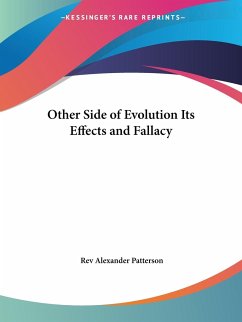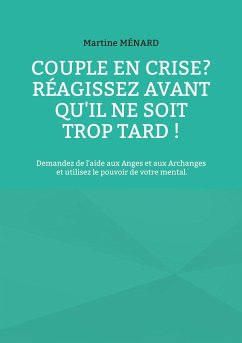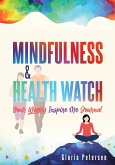Researchers in the field of marital and family therapy have demonstrated that couple therapy is generally effective for resolving a number of intra- and interpersonal problems. Lambert (1992), in his analysis of common factors across models of psychotherapy, identified hope or placebo effects as the third most influential factor contributing to client change, accounting for approximately 15 percent of the variation in therapy outcome. Despite research on expectancy effects in individual and group therapy, little is known about the role of expectations in couple therapy. The present study explored qualitative and quantitative data to determine the role of expectations in couple therapy. Participants were 26 individuals representing 13 couples engaged in couple therapy. Participants were predominantly Caucasian, educated at the high school level or beyond, and had a wide range of household incomes. Participants completed quantitative assessments and participated in semi-structured interviews four times during treatment: before the first session, and after the second, third, and fourth sessions. Results of a qualitative content analysis of interview data suggested that clients in couple therapy form expectations similar to those formed by clients in individual therapy. Expectations for couple therapy were grouped into three categories: role expectations, including expectations about the age, training, and personality of the therapist; process expectations, beliefs about the things that would happen during therapy; and outcome expectations, ideas about the eventual outcome of therapy. Quantitative data were examined using a pooled-regression test of the Actor-Partner Interdependence Model (Kenny, 1995). Though the extremely small sample size prevented complete testing of the hypotheses, results suggest that individuals who expect that they will be more personally responsible for therapy and a have a therapist who is genuine, trustworthy, and accepting develop stronger therapeutic alliances. Further, results indicated that individuals who expect greater nurturance and empathy from their therapist are generally more relationally distressed at the fourth session. Combined, these results suggest that couples in therapy form expectations about their therapy experience and that these expectations influence the process and outcome of therapy. Future research is merited to continue the examination of expectancy effects in couple therapy.
Hinweis: Dieser Artikel kann nur an eine deutsche Lieferadresse ausgeliefert werden.
Hinweis: Dieser Artikel kann nur an eine deutsche Lieferadresse ausgeliefert werden.








